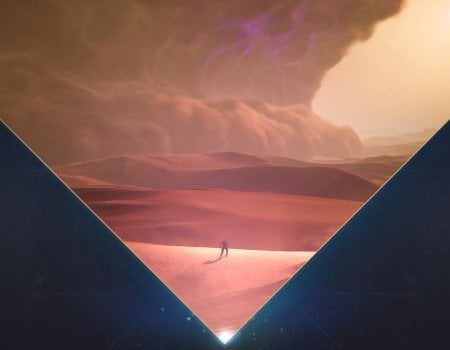The deep desert doesn’t just kill—it taxes. And on Arrakis, even survival has a price tag.
Welcome to your Dune Awakening Solari trading guide, with a sharp focus on making you rich. This is your entry point into the game’s economy—not the parts that reward brute force, but the systems that reward strategy, positioning, and market savvy. Solari isn’t just used for buying weapons or paying upkeep. It fuels everything: your base, your mobility, your reputation, and your long-term dominance.
This guide is built to give you the full breakdown. You’ll learn how to how to make Solari in Dune Awakening consistently, how to navigate the market system, and how to profit by trading rather than grinding. From early-game contracts to high-value item flipping and deep desert risk-reward runs, we’ll walk you through practical methods that work at every stage of your journey.
By the end, you’ll not only understand the fastest and safest ways to grow your wealth—you’ll also know how to read the economy like a survivalist reads a storm. Let’s begin.
Check out other Dune Awakening guides:
Note: At Skycoach, you can Buy Dune Awakening Boost at the best prices with fast delivery. Use our special PROMO CODE (in green) hidden in this article for a 20% DISCOUNT.
Browse our hottest Dune Awakening Boosting services
Understanding Solari and the Economy

Solari is the main currency and core of Awakening’s player economy. It isn’t just a currency—it’s a safeguard, a ticket to progress, and a long-term investment in your survival on Arrakis. While the desert constantly challenges your ability to gather resources and stay alive, it’s your ability to convert those efforts into Solari that determines how far you can go.
The economy in Dune: Awakening revolves around the interaction between three main financial systems: raw credits, Solari, and the player-driven Exchange. Raw Solari is what you collect from looting, contracts, and salvage. These are not safe. If you die before reaching a bank, you’ll lose them—just like any physical loot in your inventory.
Solari credits is what you get when you deposit Solari at a social hub like Arrakeen or Harko Village. Once banked, it’s secure and can be used for flights, purchases, auction fees, and trading. This makes Solari the only truly persistent currency available to players, and it’s why banking is an essential step after every profitable run.
There are three primary locations where the economy comes into play:
- Trading Posts: Found across the world, they let you accept contracts and sell items to NPCs.
- Social Hubs: Arrakeen and Harko Village are the only places where you can access The Exchange and deposit Solari.
- The Exchange (Auction House): A global marketplace where players set their own prices, buy gear, trade materials, and flip schematics.
If you're looking for a quick Dune Awakening economy explained, it’s this: raw credits are temporary, Solari is secure, and The Exchange is where real value is built.
Players who lean into crafting, exploration, or specialization often find that Solari becomes easier to come by—not because they’re grinding harder, but because they’ve aligned their role with how the economy flows. In Dune: Awakening, trade is war, and Solari is your shield.
Core Solari Income Sources
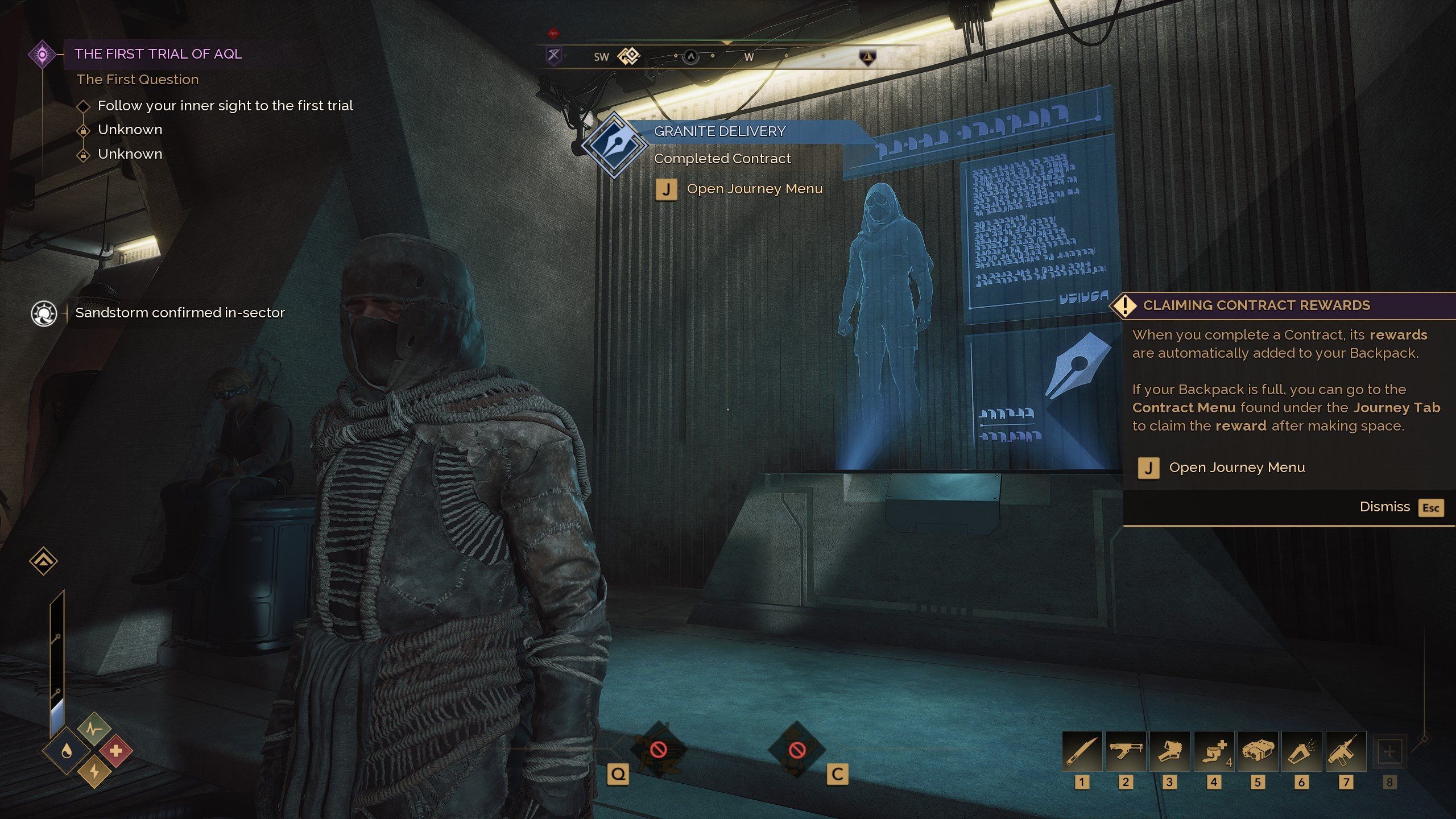
Your early progression hinges on knowing where the money is—and more importantly, how to get it efficiently. Dune Awakening Solari farming has a few options, which is good because at least you can choose to do something you like. The game offers a wide variety of income sources, each with its own tempo, risk, and accessibility. BLOG20
Here’s a breakdown of the most dependable ways to earn Solari across different stages of the game:
| Income Source | Description | Notes |
| Contracts & Quests | NPC missions that pay out credits (convertible to Solari) | Repeatable in some zones; stackable rewards |
| Looting Chests | Found in POIs, wrecks; often include Solari and valuables | 2k–4k per chest; fast respawn in some zones |
| Selling on the Exchange | Sell gear, mats, or rare schematics to players | Requires access to a hub; prices vary by demand |
| Vendor Sales | Sell basic items to NPCs at trading posts | Low payout; better than nothing in remote areas |
| Spice Harvesting | Gather from fields; sell or craft with it | High reward, high risk (PvP zones) |
| Base Raiding | Steal from under-defended player bases | Unpredictable but potentially lucrative |
| Faction Reputation | Complete faction quests/milestones for Solari | E.g., 700+ rep = 10k Solari from Landsraad bonuses |
For many new players, the best way to earn Solari fast is by stacking low-risk contracts with loot-heavy POIs and quickly banking the credits at a hub. Many of these sources can be combined for efficient income loops. For example, running contracts near Hagga Basin while looting camps and selling spare resources at a vendor can net tens of thousands in under an hour.
Trading Mechanics and Market Access
The trading system in Dune: Awakening is an entire layer of gameplay that rewards preparation, positioning, and timing. Selling items to NPCs yields minimal returns. The real profits come from player-to-player commerce via The Exchange.
If you're wondering how to trade in Dune Awakening, the process starts by reaching one of the game’s two central hubs: Arrakeen or Harko Village — the only hubs where banking and global trading are available. Until then, your options are limited to vendors and contract turn-ins.
Fast travel via the world map costs 2,500 Solari unless you own an Ornithopter. Acquiring flight capability early opens up free access to markets and makes repeat trips viable. Once at a hub, you’ll find trading terminals that allow you to:
- List items with custom pricing
- Pay fees based on price and duration
- Collect Solari directly into your bank (not inventory)
- Manually retrieve purchased items
Market activity is centralized by design, rewarding players who plan their travel and haul schedules carefully. With this knowledge, you’re ready to enter the market intelligently—not blindly.
Next, let’s talk about how to actually start trading when you’re just getting off the ground.
Beginner-Friendly Trading Strategies
When you're just starting out in Dune: Awakening, trading can seem expensive, risky, or even out of reach. Between harsh PvP zones, limited inventory space, and steep travel costs, many new players make the mistake of delaying market activity altogether. But with the right strategy, you can begin earning Solari through trading almost immediately, without crafting anything or risking a fortune.
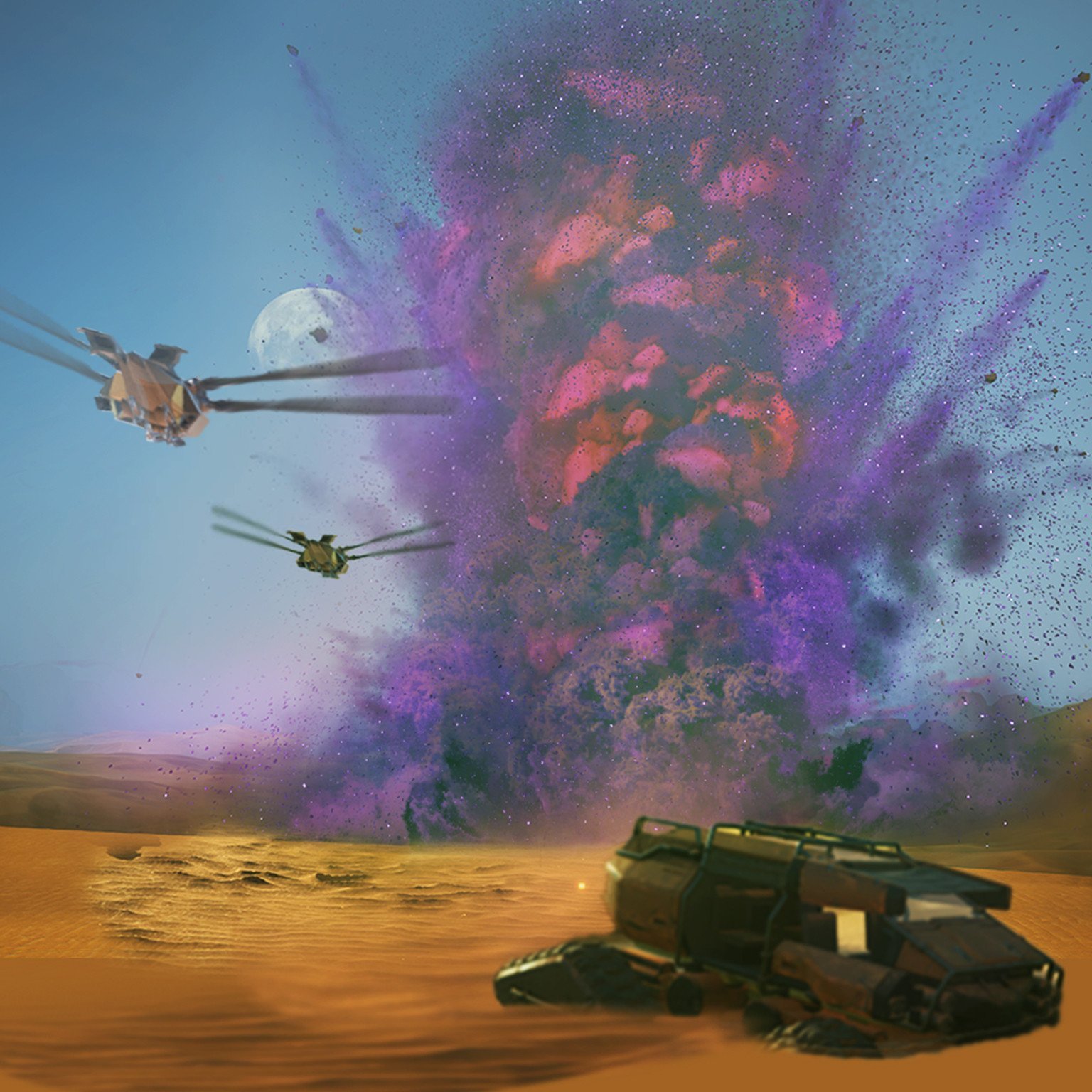
The key is starting small and choosing the right materials and locations. Many early-game zones, like Hagga Basin South, contain valuable resources that higher-level players either don’t want to farm or can’t access easily. This includes things like Titanium, Granite, and Fiber, which are often in high demand at hubs but can be collected near starter zones.
You don’t need to fight your way through PvP hotspots or craft rare gear to participate in the economy. In fact, one of the most effective beginner trading approaches involves gathering materials near your first base and making smart sales through The Exchange once you can afford the trip. For those looking for the Dune Awakening best items to sell, these early materials are a perfect starting point to build trading confidence.
Here’s a practical early-game strategy that players have successfully used:
- Gather saleable resources near your starting base—Titanium, Aluminum, and Stravidium sell well
- Complete contracts around Griffin’s Trade Post to quickly earn your first 10–20k credits
- Bank Solari in small increments at Harko Village if you get there via Ornithopter or pay the 2,500 fee
- Once at the hub, list gathered resources at average or slightly below-average prices
- Avoid overpricing—items sell faster at modest profit than they do waiting at inflated rates
Don’t rely on vendor sales unless you're desperate for instant cash. The payout is extremely low—selling something to an NPC that might go for 5,000 on the Exchange could net you less than 500. Instead, hold off until you can reach a hub, or bundle materials into valuable stacks to justify the transport cost.
Here are a few ideal starter materials worth gathering and selling:
- Titanium – Commonly found in safe areas; always in demand for crafting
- Fiber – Used in several crafting recipes; low risk, steady value
- Granite – Needed for base expansion; players often prefer to buy rather than mine
- Water – Essential for survival and base upkeep, especially early on if you’re cautious, make use of the banking system frequently.
After each successful run, bank your credits into Solari at a hub. This ensures that even if you die in the wild, your earnings are preserved.
Browse our hottest Dune Awakening Boosting services
What to Sell?
Making real Solari in Dune: Awakening comes down to two things: knowing what to sell and knowing where to move it. While early-game gathering gives you a foundation, it's your understanding of market demand that determines whether you're scraping by or stacking serious profit.
Some materials are valuable simply because they're rare. Others are valuable because they’re annoying to farm. Smart traders don’t just chase the rarest goods—they specialize in supplying what the average player doesn’t want to grind for. This is especially true in the mid-game, when crafters and PvP-focused players start relying more heavily on the market to save time.
The most consistent profits come from items that meet three criteria: high demand, reliable sourcing, and stable pricing. Here are some of the best trade goods and where to find them:
| Item | Source Location/Method | Market Demand & Notes |
| Spice | Deep desert fields; requires harvester tools | High risk, high reward; PvP zones; not for solo players |
| Titanium | Eastern Hagga Basin, salvage zones | Always in demand; easy to gather early on |
| Aluminum | CHOAM Mining Stations, especially in Rift zones | Needed for vehicles, crafting; moderate risk, high return |
| Water | Collected via Dew Reaper from plants at dusk | Essential survival resource; sells quickly in bulk |
| Stravidium | Found in deep desert or late-tier POIs | Used in advanced crafting; sells high when stock is low |
| Schematics | Dropped in chests at POIs or shipwrecks | Players buy them for unique gear; value depends on rarity |
| Named Gear | Rare drops or crafted using advanced schematics | Best sold via Exchange; always list below inflated pricing |
| Granite & Fiber | Common near starter bases; constant turnover | Reliable income for beginner traders |
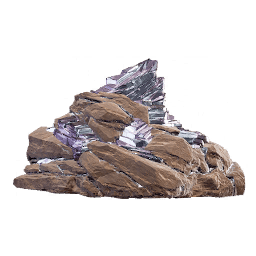 As the market develops on your server, prices may spike or dip depending on activity levels. For instance, when more players unlock Ornithopters, materials like Aluminum and Cobalt Paste may increase in value due to demand for vehicle crafting. BLOG20
As the market develops on your server, prices may spike or dip depending on activity levels. For instance, when more players unlock Ornithopters, materials like Aluminum and Cobalt Paste may increase in value due to demand for vehicle crafting. BLOG20
Profitable trade isn't just about items—it’s also about knowing your route. If you're planning to move materials from a farming zone to a trading hub, consider these optimized paths:
- Griffin’s Trade Post → Harko Village: Ideal for first-time traders hauling fiber, water, or titanium
- Pinnacle Station → Arrakeen: Great for selling deep desert resources like spice and schematics
- Vermillius Gap → Harko Village: Balanced mix of contracts and crafting mats along the way
- CHOAM Mining Stations → Any Hub: Aluminum and ore-based goods are abundant but risky to haul
Use fast travel or your Ornithopter to minimize the number of risky legs in your journey. The more cargo you can bring safely to the market, the more efficient each trip becomes. And remember: it’s often better to move smaller loads consistently than risk everything on one huge haul through a PvP-heavy area.
The most successful traders are the ones who treat every route like a supply chain—predictable, flexible, and secure. In the next section, we’ll explore how advanced tactics can help you flip items and control supply for even greater returns.
Dune Awakening Advanced Trading
Once you’re comfortable selling basic goods, the next step is trading for scale—not through grinding more, but through smarter decisions. Advanced trading in Dune: Awakening focuses on timing, foresight, and strategic listings that respond to player behavior.
One of the most effective tactics is speculative trading. This involves holding onto materials you expect to rise in value—like Aluminum, Cobalt Paste, or Particle Capacitors—when a new patch, crafting demand, or PvP season shifts the economy. Players who prepare early can sell at peak prices while others scramble to catch up.
Item flipping is another reliable strategy. Watch The Exchange for underpriced items—particularly schematics, crafted gear, and high-use materials—then relist them at a moderate markup. Patience is key here; quick sales aren't always the most profitable.If you’re looking for Dune Awakening auction house tips, mastering item flipping and timing your listings are among the most effective long-term strategies.
To make the most of your listings, keep these habits:
- List during peak hours, when demand is highest
- Undercut lightly, not aggressively—small price gaps sell faster without killing value
- Bundle stackables (like Fiber or Titanium) in practical amounts, not maxed-out piles
If the market shifts or your listings go stale after 24–48 hours, adjust prices or switch to faster-selling goods. The best traders aren’t just fast—they’re flexible.
In the next section, we’ll cover how to protect your earnings and manage risk as your cargo and profits grow.
Safe Transport and Risk Management
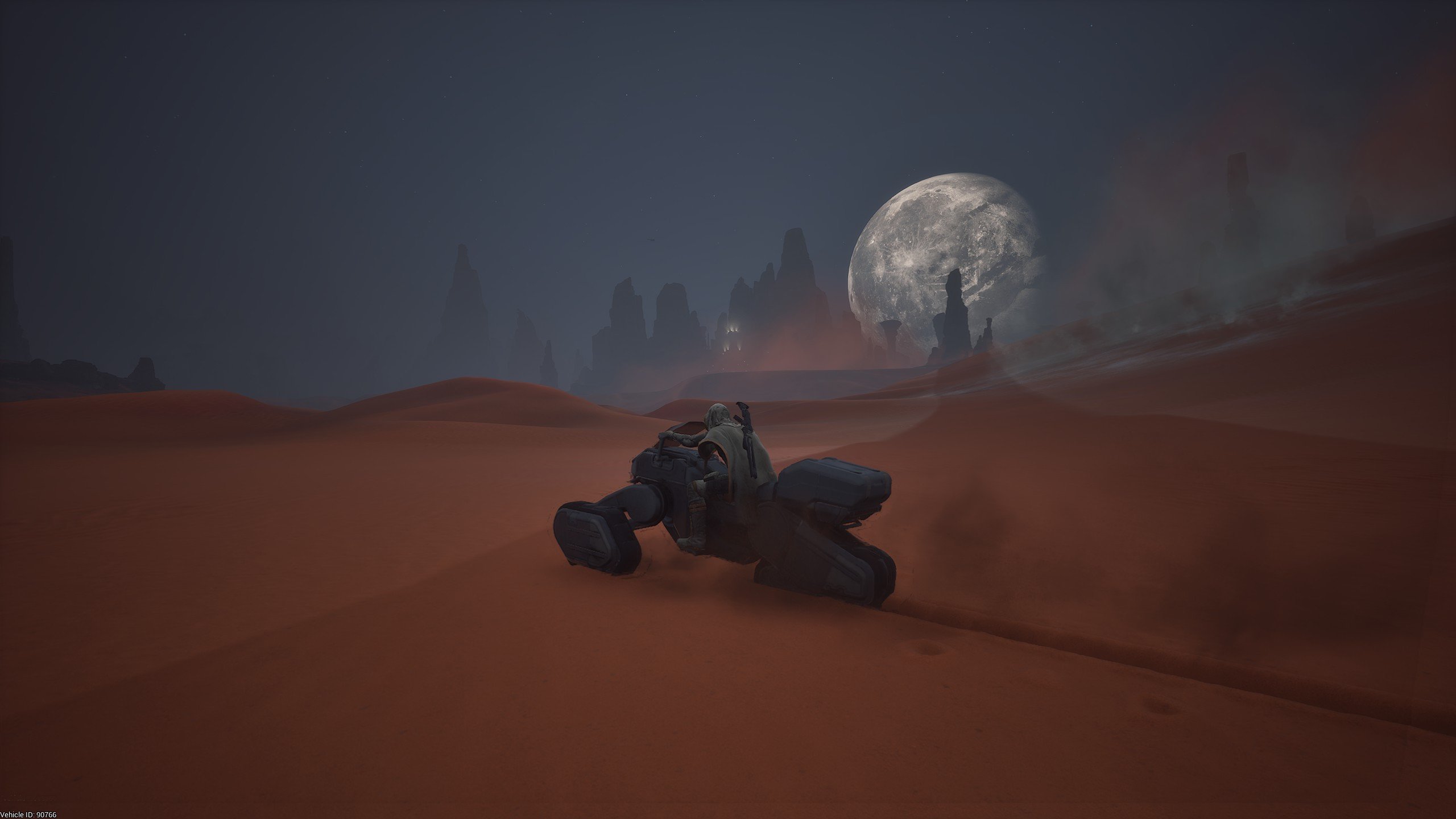
The more valuable your cargo, the more important it becomes to move smartly. In Dune: Awakening, losing unbanked credits, rare materials, or crafted gear to PvP ambushes—or worse, a sandworm—isn’t just frustrating. It’s avoidable. Risk management begins with knowing what not to carry and how to move what matters.
Understanding Dune Awakening safe trading routes is critical if you want to preserve your profits. First, always treat Solari and raw credits differently. Only banked Solari is safe. Credits in your inventory will drop on death, alongside any loot you’re carrying, especially if you’re in the Deep Desert. That’s why banking frequently at social hubs is a non-negotiable habit for any trader. Even if it slows your route, it secures your long-term earnings.
When hauling high-value cargo across the desert, you’re most vulnerable in open sand zones and PvP-flagged areas. These are prime spots for ambushes, especially along choke points between trade posts and hubs. Use natural cover, avoid known PvP nests, and always check your map before heading out.
Some quick safety tactics for traders:
- Use a Sandbike or Ornithopter for faster, flexible travel
- Stick to rocky terrain or edges of map zones to avoid worm-prone areas
- Deposit Solari at every hub stop, even if it’s a small amount
- Avoid listing or carrying too much at once—stagger runs instead of doing all-in hauls
- Place respawn beacons or sub-thief bases near routes for recovery options
If you’re dealing with rare goods or heavy materials like Aluminum or schematics, consider scouting your route ahead of time with an empty load. This way, you can map out any high-risk paths without risking real value.
Successful trading in Dune: Awakening isn't just about profit margins—it’s about keeping what you earn. With good route planning and cautious banking, even solo players can operate deep in the economy without getting picked clean.
Faction Bonuses and Mid-to-Late Game Trading
By the time you’ve secured stable income and access to the Exchange, your next leap in trading power comes from faction alignment. Joining a major house—Atreides, Harkonnen, or eventually others—unlocks powerful economic advantages tied to reputation, contracts, and unique vendors.
Each faction has its own set of perks, and while they affect combat and crafting, they also open doors to Solari-rich contract chains, exclusive schematics, and reputation-based vendor deals. Reaching higher rep levels with your faction increases your buying power and unlocks items that are otherwise market-locked or difficult to obtain.
Here’s how faction alignment can directly impact your trading power:
- Access to exclusive contracts with high Solari payouts
- Discounts on certain vendor items tied to rep level
- Faction-specific crafting materials for advanced gear, which can be flipped
- Fast reputation farming through contracts and PvE events—stackable with intel farming
For example, players who reach Reputation Level 4 with their faction can purchase their first Ornithopter outright instead of crafting one. This saves time, resources, and lets you enter the flying economy early, avoiding costly transport fees and opening up faster trade routes.
By mid-game, your faction becomes a source of passive economic power. Pair this with high-tier farming runs—such as those between Hagga Rift, Pinnacle Station, and Vermillius Gap—and you’ll be able to generate hundreds of thousands of Solari per session. BLOG20
Faction progression isn’t just about loyalty—it’s a business decision. Aligning yourself with the right house and grinding rep early sets the foundation for high-level economic control later.
Conclusion
Solari is the backbone of progress in Dune: Awakening. It funds your survival, upgrades your mobility, and unlocks key systems that keep you ahead. The difference between scraping by and thriving often comes down to how well you understand the economy.
From smart gathering and safe transport to market-savvy selling and faction perks, the strongest players use strategy—not just grind—to grow their wealth. With the right habits, even small trades can snowball into long-term control.
The desert doesn’t give second chances—but it does reward those who trade with intent.
F.A.Q.
How to farm Solari in Dune Awakening?
Complete contracts, loot chests from POIs, and convert earned credits into Solari at social hubs like Arrakeen or Harko. Selling materials on The Exchange is a key long-term strategy once you can reach a hub.
What are the best items to trade in Dune Awakening?
High-demand, sellable items include:
- Spice
- Titanium
- Aluminum
- Schematics
- Fiber and Granite
- Water harvested via Dew Reapers
How to farm spice in Dune Awakening?
Head into deep desert spice fields with harvester tools and protective gear. Be aware that these zones are PvP-enabled and attract frequent player conflict and sandworm threats.
How to unlock auction in Dune Awakening?
Travel to either Arrakeen or Harko Village, the only locations with Exchange terminals. You’ll need 2,500 Solari for fast travel or your own Ornithopter to reach them.
What is the fastest way to get rich in Dune Awakening?
Stack contracts, loot POIs for schematics, and flip rare items on the Exchange. Efficient traders combine safe banking, good routes, and market awareness to multiply earnings.














